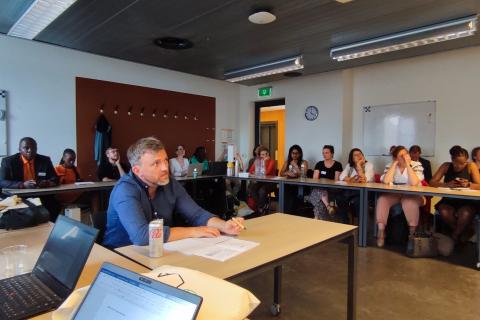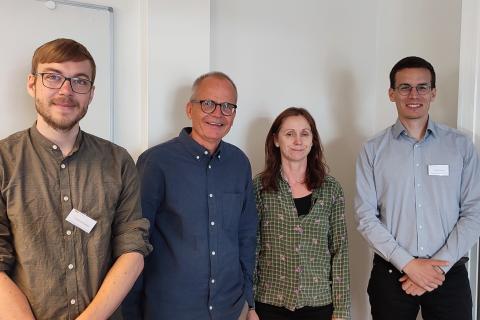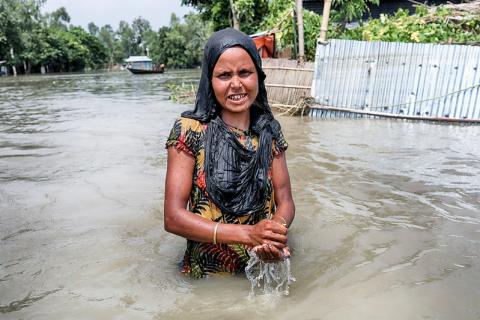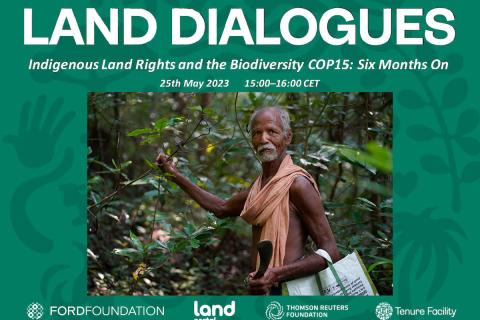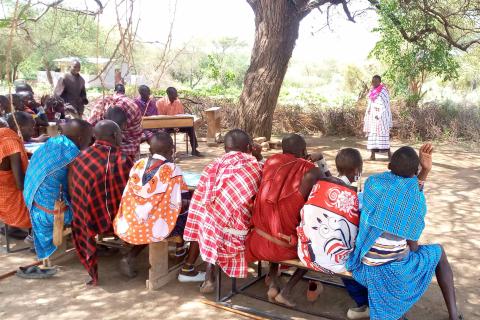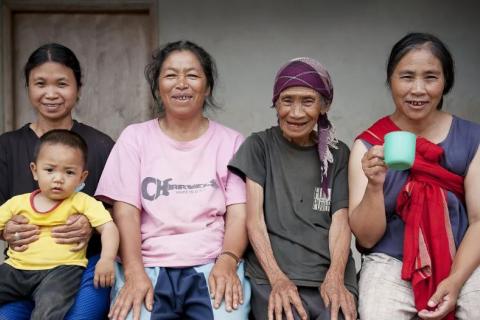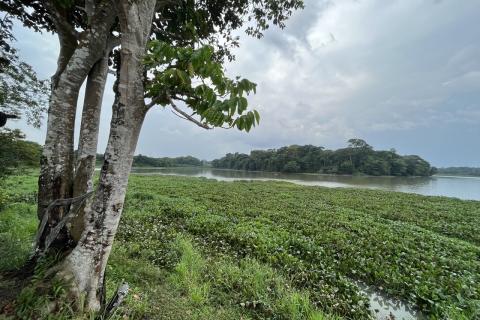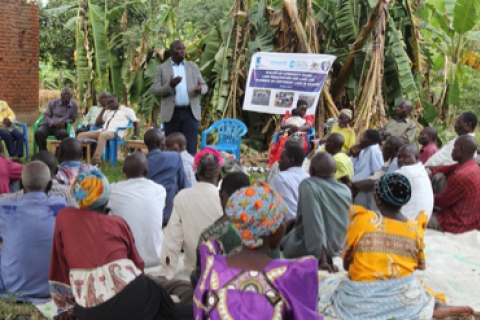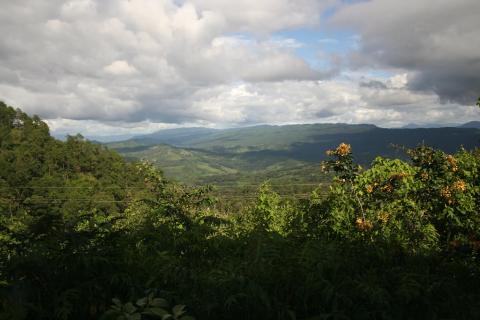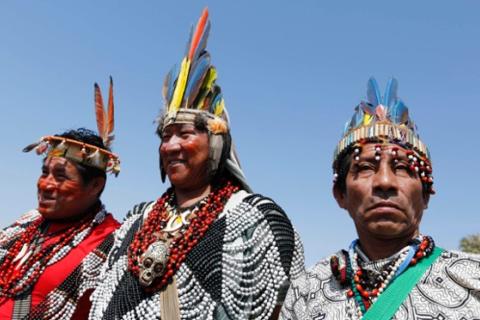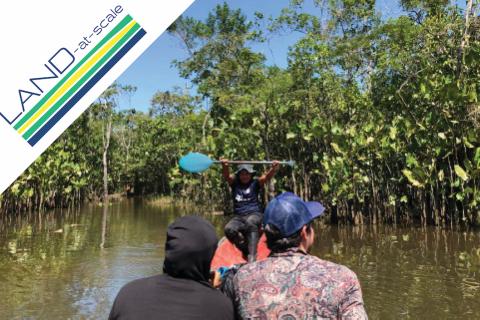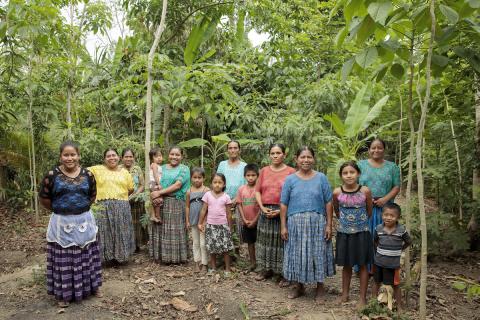Does strengthening land governance align with fair climate transitions?
Communities in developing countries are increasingly exposed to the effects of climate change. Although they contribute little to greenhouse gas emissions, many communities are at the forefront of climate change and the associated extreme events. They are faced with events that undermine their food security, such as droughts and floods, but also increased pressure on land due to climate-induced migration. In this session, we delved into the nexus of climate change and land governance.

